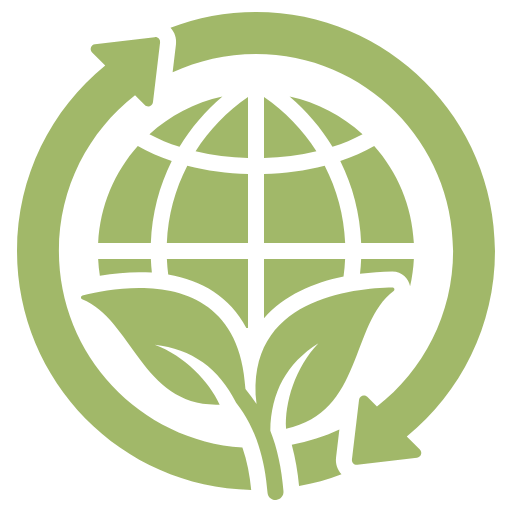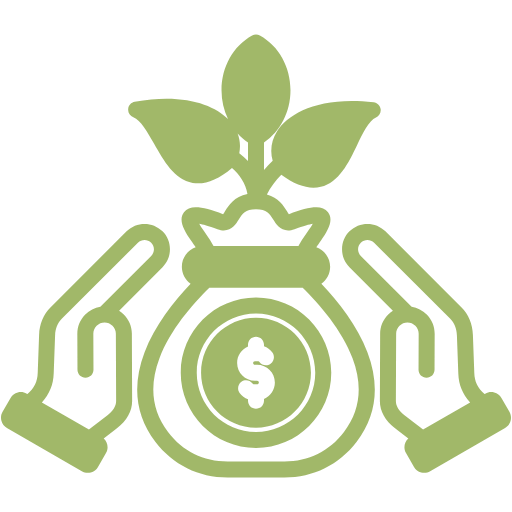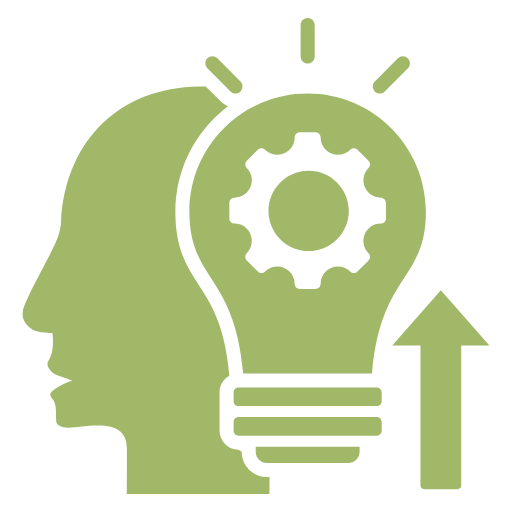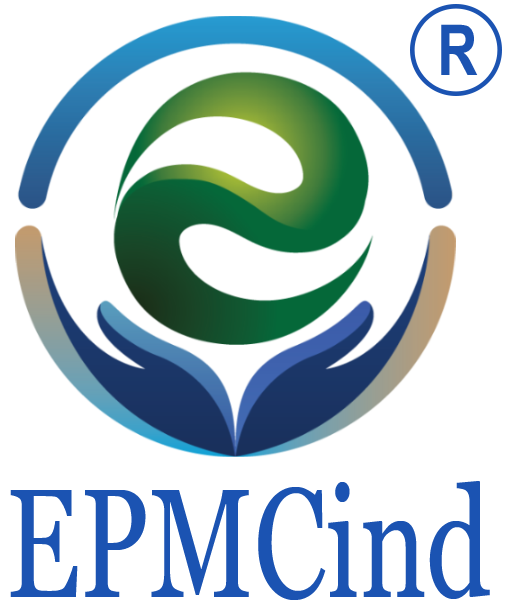EPMCind Foundation
EPMCind Foundation is deeply committed to empowering and strengthening the social service workforce, ensuring that vital services are delivered effectively and efficiently to those in need, especially during times of crisis or adversity. Through our initiatives, we aim to alleviate poverty, challenge systemic discrimination, promote social justice, uphold human rights, and contribute to the development of resilient, thriving communities.
Empowering Communities for a Sustainable Future
At the core of our mission is the recognition of the importance of indigenous and local ecological knowledge. By leveraging these valuable insights, we aim to foster environmental sustainability, enhance sustainable livelihoods, and create lasting opportunities for education and skill development. We believe that local knowledge plays a pivotal role in addressing both environmental and socio-economic challenges, and by integrating these perspectives, we can design and implement solutions that are culturally relevant, impactful, and sustainable.
In addition to our focus on environmental sustainability, EPMCind Foundation places a strong emphasis on health and awareness initiatives that empower communities to improve their overall well-being and future prospects. We work closely with local stakeholders to raise awareness about key health issues, promote preventative healthcare practices, and increase access to essential services. Through these initiatives, we are able to help communities take control of their health, reduce health disparities, and improve quality of life.
By combining social service efforts with ecological knowledge and health initiatives, EPMCind Foundation is not only working to address immediate challenges but also to build long-term capacity for sustainable development. Our approach seeks to empower individuals and communities to drive positive change, ensuring that they are equipped with the tools, knowledge, and support needed to thrive in an ever-changing world.


Environmental sustainability
Environmental sustainability is important to preserve resources like clean air, water and wildlife for future generations. With the help of our stakeholders – both internal and external – we have consistently turned intent into impact through our interventions which are continually focused on the most vulnerable communities.

Sustainable Livelihood
The loss of livelihood in vulnerable communities profoundly impacts individuals, families, and the overall socio-economic structure of society. When people lose their sources of income, it can create a vicious cycle of poverty, increased vulnerability, and diminished access to basic needs such as food, healthcare, and education.
Therefore, having a sustainable livelihood is essential, as it not only provides individuals with stable incomes and economic opportunities but also helps vulnerable communities become more resilient to natural disasters and economic disruptions. Sustainable livelihoods allow communities to diversify their sources of income, reducing reliance on a single vulnerable sector, such as agriculture.
We also support the preservation of natural resources by promoting environmentally sound and resource-efficient practices, which help communities adapt to climate change. Furthermore, by encouraging local entrepreneurship and skill development, sustainable livelihoods contribute to long-term social and economic growth, ensuring that future generations can thrive without compromising the needs of the environment.

Education and Skill Development
The importance of promoting inclusive education is more critical than ever. Our work involves providing non-formal education to underprivileged children, funding online education, awarding scholarships, and mentoring students to help them complete their secondary and higher secondary education through bridge schools. We strive to connect students with suitable career choices, develop leadership skills in schoolchildren, and offer after-school learning support.
We firmly believe in inclusion, which is why our education programs also focus on rehabilitating differently-abled children.
We support skill development initiatives for youth and adults, with a specific emphasis on building the capacities of women to enhance their employability and promote locally relevant alternative livelihood options.

Health and Awareness
The effects of poor health and nutrition can have widespread consequences for humanity. When people lack access to these essential needs, their overall well-being, productivity, and quality of life decline. This situation can lead to higher rates of disease, reduced life expectancy, and increased healthcare costs for both individuals and governments. A nation with a large population suffering from poor health and malnutrition faces significant challenges in achieving social stability, sustainable development, and fulfilling Sustainable Development Goal 3 (SDG 3).
We focus on raising awareness about healthy lifestyles and nutrition, empowering individuals to make informed choices that enhance their health outcomes. Additionally, our initiatives aim to alleviate the burden on healthcare systems by tackling the root causes of poor health, such as lack of access to clean water, sanitation, and essential health services. By promoting health literacy and providing accessible healthcare, we not only improve quality of life but also contribute to building a healthier, more productive society.

Human Rights and Social Justice
Our country has the largest population in the world, with millions of people living below the poverty line. While we respect our administrative structure, it is not practically possible to assist everyone due to the many important decisions that need to be made every day. The lack of immediate attention for some individuals can make them feel neglected. It is our mission to provide immediate support to as many people as possible and bring smiles to their faces. We want everyone to feel included, cared for, and loved, as these emotions deserve to be met with equality.






 Total views : 16030
Total views : 16030